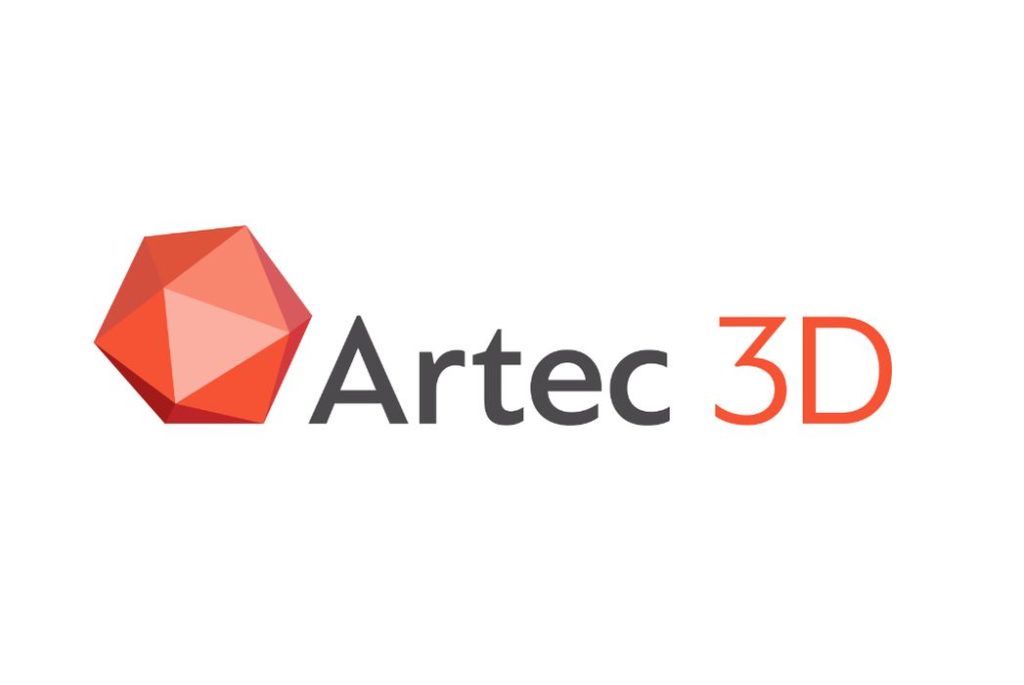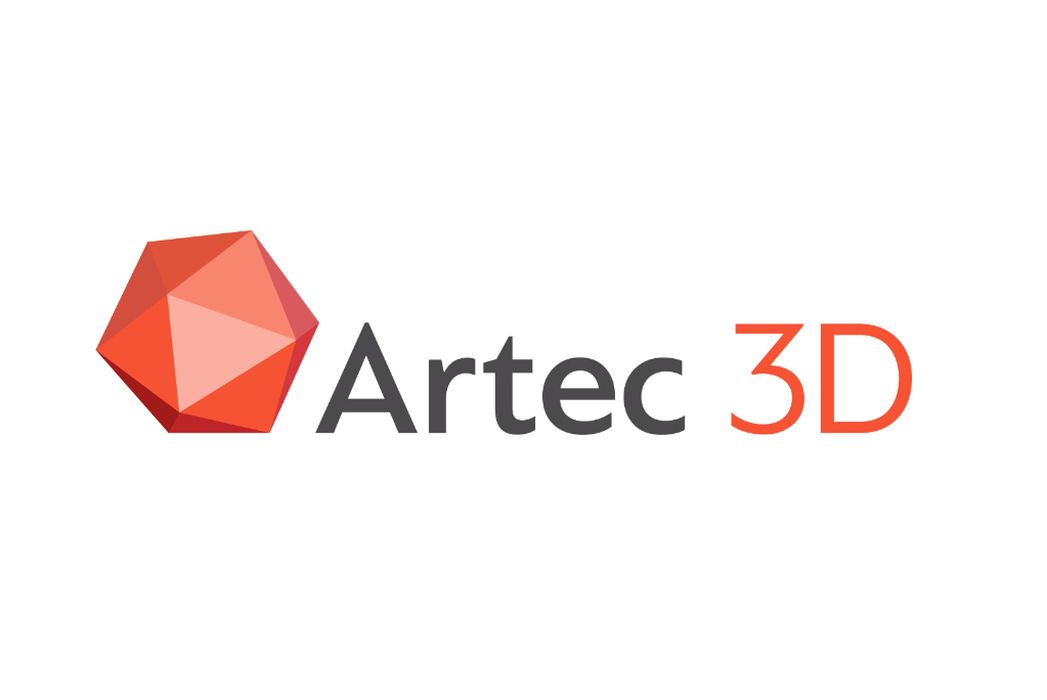
News broke about a lawsuit filed by Artec 3D regarding the intellectual property of their software suite.
The lawsuit relates to Kickstarter’s hosting of the Creality CR-Lizard 3D Scanner. This device is a pretty decent low-cost desktop 3D scanner that we’ve actually tested in our lab. We found that the device has terrific hardware, and the associated software was able to do all functions required.
Artec Europe S.A.R.L. filed a lawsuit in New York against Kickstarter PBC and Shenzhen Creality 3D Technology Co. Ltd. alleging copyright infringement under the Berne Convention, specifically relating to Creality’s 3D scanning software, CR Studio, which is part of the CR-Lizard package offered on the Kickstarter platform. There is also another company deeply involved, as you will see.
Why New York? Artec 3D is a Luxembourg-based company in the EU, while Creality is based in China. However, Kickstarter operates in the United States, and Artec 3D demonstrated that CR-Lizard equipment was purchased through Kickstarter by New York residents.
Artec 3D alleges that portions of their powerful Artec Studio 3D software (which we reviewed a few months ago) were copied. Artec 3D makes a number of demands, including:
- Damages determined by jury
- Restraining order to prevent Kickstarter from passing backer funding to Creality
- Cease distribution of the works
Kickstarter has paused the CR-Lizard campaign on their platform, with the message:
“3D Scanner: Creality CR-Scan Lizard Captures Details of View is the subject of an intellectual property dispute and is currently unavailable.”
Is this allegation true? We can’t know for certain, but in the detailed court filing, Artec 3D alleges that certain individuals who previously worked for their company might have had copies of the software in new roles at another company, Shenzhen Jimuyida Technology Co. Ltd. That company allegedly remarketed a modified version of the software under the name “Magic Wand”, according to Artec 3D.
Artec 3D posted several pieces of evidence of similarity between Magic Wand and Creality’s CR Studio software, including that “90% of the files and libraries in the CR Studio installation folder are identical to the Magic Wand software installation.” Previously Artec 3D successfully litigated against Shenzhen Jimuydia earlier to retain the rights to the software.
How similar are these tools? Having used both, there are indeed some similarities in the interface, but internal processing is invisible to operators.
While there seems to be evidence of similarity between the two software tools, it’s unclear where this will go, as there are other complicating matters, and we have had no official statement from Creality yet.
One may immediately suspect Creality could be at fault here, but that’s not necessarily the case. For example, it may be that Shenzhen Jimuydia sold their software to Creality who could have been totally unaware of the issues, particularly if Shenzhen Jimuydia did not reveal them. However, in such situations the purchase contracts almost always have remedies for issues of this type, so the problem may bounce back to Shenzhen Jimuydia. Sellers always have to warrant in the contract that they actually own what they are selling.
For Creality this certainly puts a bump in the road for their new 3D scanner launch. It’s not clear how this would play out, but one possibility is that Creality could simply license the software from Artec 3D. However, that could raise the price level of the CR-Lizard, possibly compromising some sales to those expecting a lower price. Another possibility is that Creality could find an alternative software base to build CR Studio.
The nearly 10,000 people who purchased a CR-Lizard may be waiting for delivery until these matters are sorted out.
Via Artec 3D, Creality and Kickstarter

